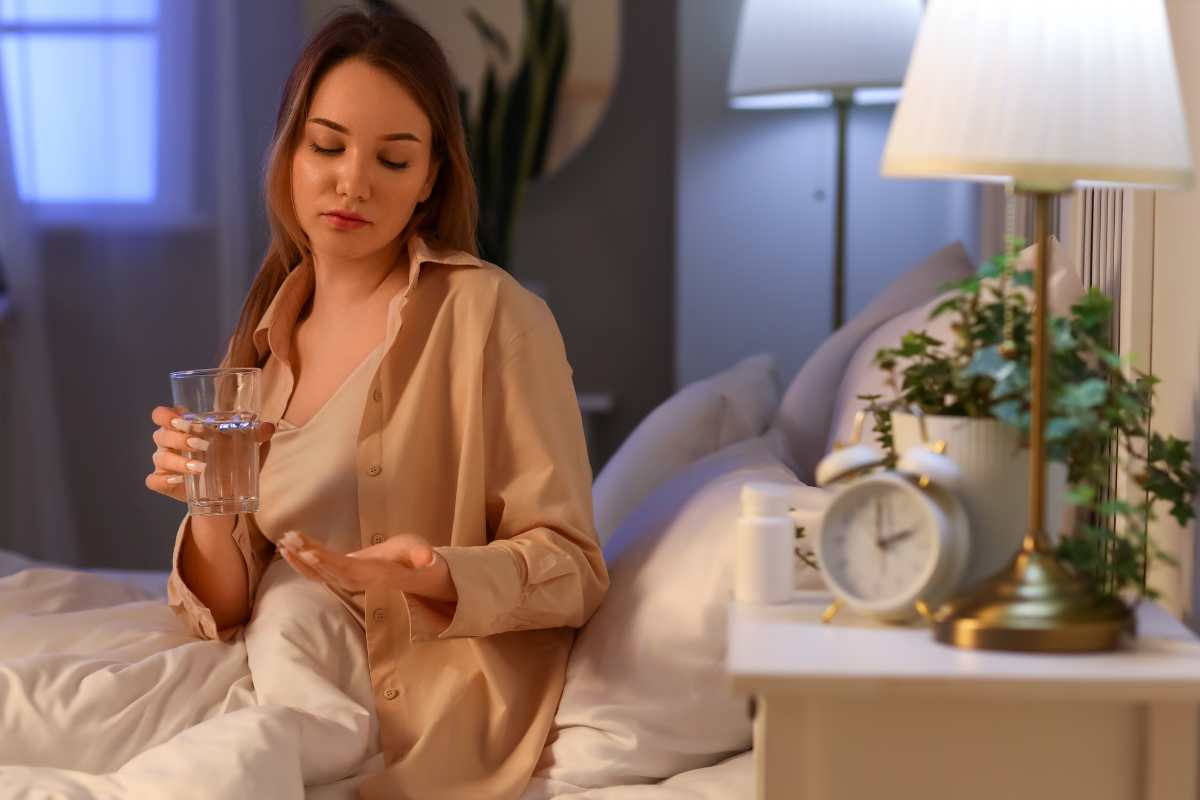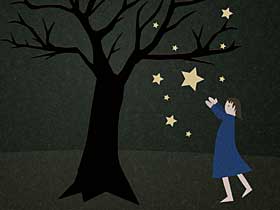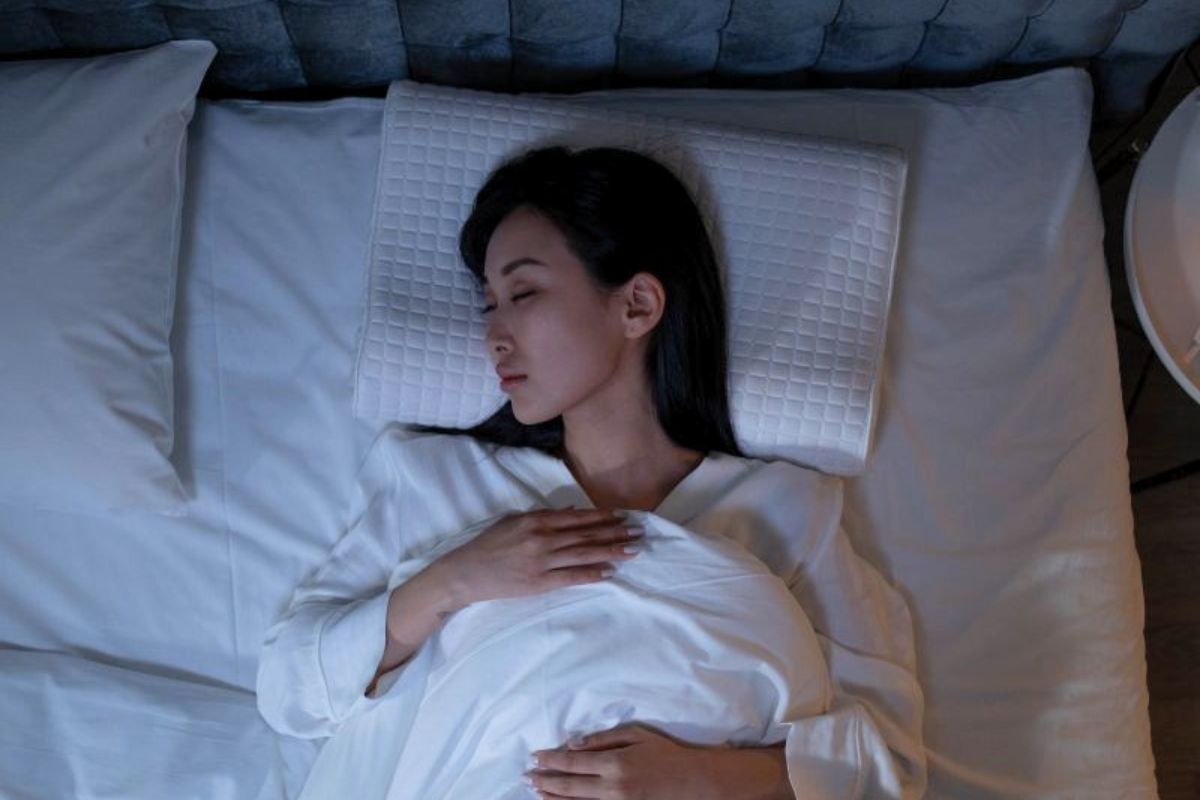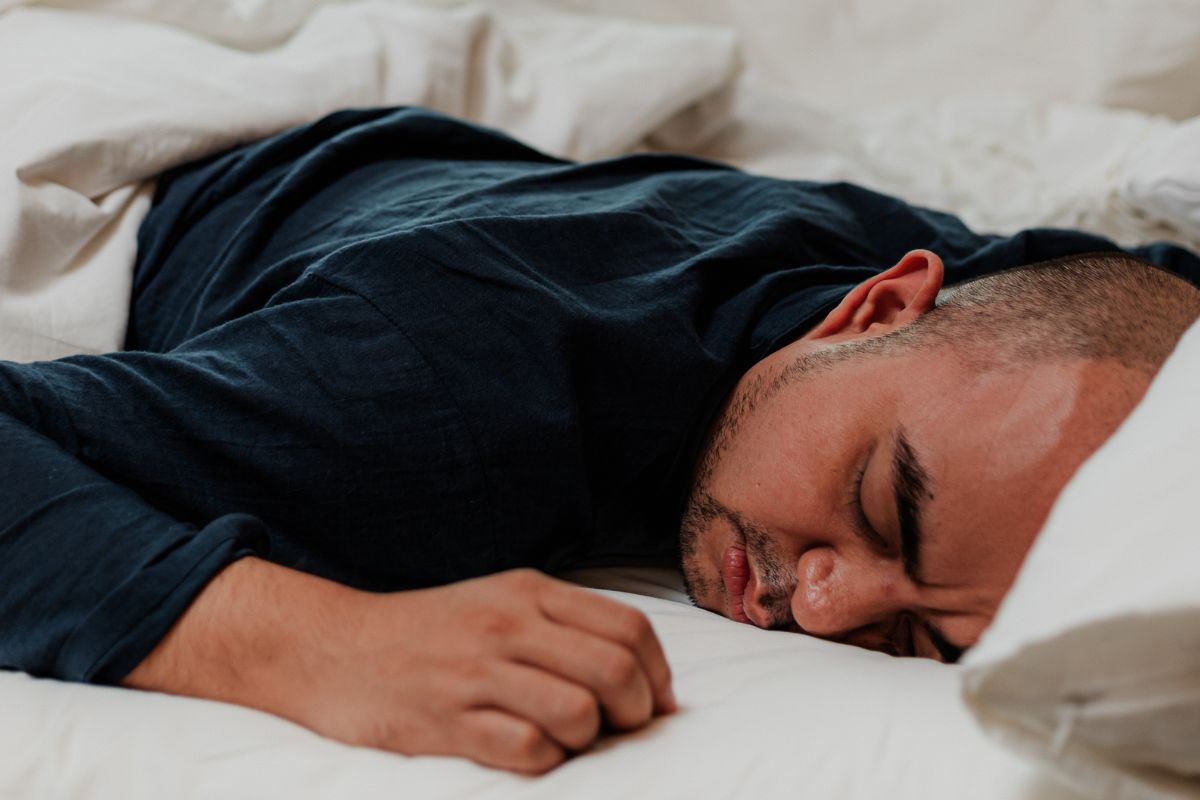The Sonata sleep aid is sold under the generic name zaleplon

It is marketed under the name Starnoc in the United Kingdom, where it is rarely prescribed.
The publicly funded healthcare service in the UK prefers zopiclone, which is not sold in the US. It is similar on a molecular level to Lunesta.
Sonata, Lunesta, Ambien and Rozerem are referred to as “Z-drugs”, which differentiates them from other so-called hypnotics. They work in the same way that the older benzodiazepines do. By interacting with specific receptors in the brain, they cause a feeling of sedation, making it easier to fall asleep and in some cases stay asleep for longer periods of time.
Zaleplon does have some advantages over the other Z-drugs. It can safely be administered for up to five weeks, without the risk of dependency or addiction. Dependency on other Z-drugs can occur within four weeks.
Effects with Zaleplon
There is less risk of morning-after “hangover” effects with zaleplon, although there are still side effects. In two studies, use of zaleplon was not found to increase the risk of traffic accidents, which has been a problem with similar drugs.
Manufacturers of the Z-drugs, like the Sonata sleep aid, say that they do not worsen the quality of sleep as the benzodiazepines do. But, independent studies indicate that there is little difference between the two classes of sleep aids in terms of safety or effectiveness.
The sleep aid Sonata can be prescribed for middle of the night insomnia, another advantage that it has over the other Z-drugs. Except for Ambien CR, they are primarily effective for falling asleep.

The side Effests of Sonata
Some studies indicate that Zaleplon is less habit forming than similar drugs, even with long term or frequent use. It has a shorter half-life, which means that it stays in the body for less time than some of the others. This may also explain why it is less likely to cause hang-over feelings.
The side effects that may be experienced when taking the Sonata sleep aid include hallucinations, confusion and abnormal behavior. This is because of the portion of the brain affected by the drug.
Other side effects include dizziness, headache, nausea, abdominal pain and diarrhea. Most sedatives cause these symptoms.
Research indicates that there is little benefit for elderly patients, when compared with the risks. Muscle weakness and impaired coordination can cause an older person to fall and injure themselves.

Memory problems are sometimes attributed to the sleep aid Sonata and other Z-drugs. This is another reason that they are not usually prescribed to older people. The cognitive impairment could increase symptoms of senility.
Although depression and insomnia are often connected, the use of the Sonata sleep aid is like the use of alcohol. Either of the sedatives may cause increased feelings of depression.
For unknown reasons, there is an increased incidence of infection among people that take sleep aids. Researchers theorize that they interfere with the immune system. Of the drugs included in the study, zaleplon was one of the least likely to cause increased infections. Zolpidem (Ambien) was one of the most likely to cause them.
The benefit of use Sonata
The benefit of use is improved sleep, which should help to strengthen the immune system and energy levels on the following day. One study found that there was improved physical fitness and improved tolerance to high altitudes among male soldiers.
Another study found that zaleplon increases melatonin secretion, whereas other hypnotics decrease melatonin. Melatonin is the sleep hormone. In normal individuals, secretion begins around 10:30 at night and ends around 7:30am.
As with other drugs, there is the risk of overdose. When taken as directed, the Sonata sleep aid seems to be safe and effective.








